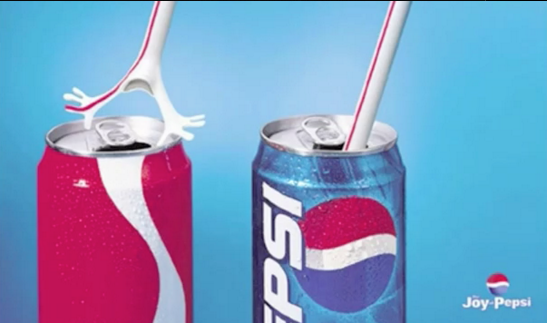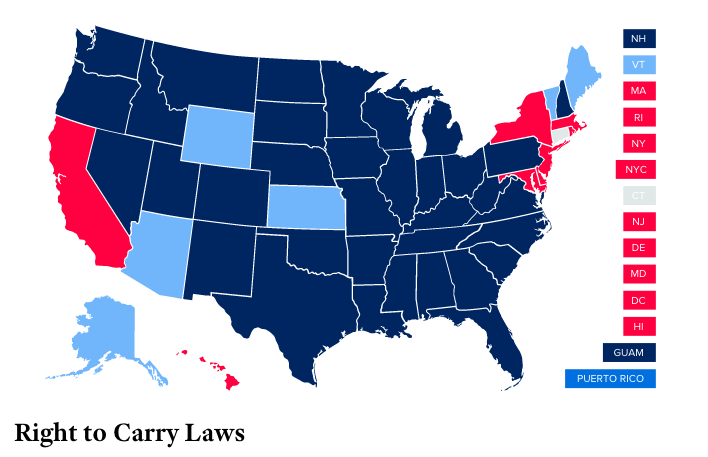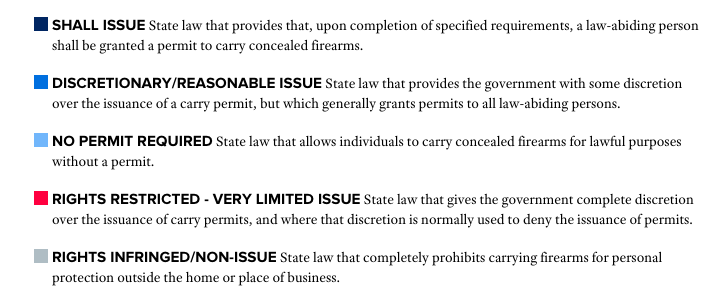5 Things Non-Americans Say Are Only Socially Acceptable In The United States

By:
From our bumbling and bizarre presidential contenders to the length of our TV commercial breaks, American cultural norms do not always earn us applause overseas. According to an open AskReddit thread titled "What's socially acceptable in the U.S., but not in any other country?" our faux pas go beyond realms of etiquette and cultural absurdity, and many non-Americans find them downright abhorrent.
Here are five alleged "no-nos" outside the U.S. and how they check out.
1. Companies Name-Dropping Their Competitors In Commercials
It's not uncommon for advertisers in America to reference or disparage competing brands and products, however, many Reddit commenters have remarked that this is allegedly taboo elsewhere.
 Twitter/HoodPlugPromo
Twitter/HoodPlugPromo
A 2014 Taco Bell advertisement illustrates this style of comparative advertising, and introduced the chain's breakfast menu by overtly comparing a waffle-taco hybrid to McDonald's allegedly inferior McMuffin. The Los Angeles Times compiled a transcript of the ad's narration, which began with, "I've been eating Egg McMuffins since 1984." The ad continues, "When I saw Taco Bell made a waffle taco, I figured I would get with the times."
In Europe, there are some regulations on these types of ads. The European Union of Law explains that you can only compare products on a factual basis, not by discrediting or imitating a competitor. A Redditor with the username Perite sums this up by specifying, "you can say anything you like, as long as it is demonstrable fact and not open to interpretation. Price is one of the few things that meets those criteria."
2. Bringing A Gun Into A Place of Business
Many faux pas concern firearms. For example, user Remount_Kings_Troop_ claimed "owning an arsenal of guns" is something only considered acceptable in America.
Others focused on the uniqueness of American establishments welcoming customers carrying firearms. "Walking into a bar with a gun on your hip," petermal67 responded, as to what American customs don't translate abroad. Another poster, rjjm88, noted, to "carry [sic] guns in the middle of the grocery store (not Walmart) like it ain't no thang."
While America has a reputation for having lax gun laws, they do vary by state. For example, this NRA map shows how concealed carry laws differ throughout the country.
 NRAILA - nraila.org
NRAILA - nraila.org
 NRAILA - nraila.org
NRAILA - nraila.org
"I am 38 and I've never even SEEN a gun (only on soldiers)," Aroha11 asserted. While not specifying a current location, the poster also references time spent in China and Japan, both of which have stricter gun laws than many U.S. states.
The U.S. isn't the only country that allows citizens to carry firearms. Guns & Ammo ranks the Czech Republic the second best country for gun owners, after the United States. While recreational shooting is a popular Czech pastime, gun owners have to register their weapons and are subjected to mandatory background checks and competency exams. According to the Washington Post, there are 16.3 percent guns per 100 people in the Czech Republic, still well behind the United States, where there are 88 guns per 100 people. Other countries that make Guns & Ammo's top ten include Switzerland, Canada, Panama, Serbia, and Honduras.
3. Tipping
Posters frequently cited tipping as a uniquely American custom.
As CNN Travel has reported, tipping conventions are unique to specific countries and cultures, so it's wise to educate yourself about these expectations so as not to over- or under-do it. Reporter Everett Potter explained via CNN:
"In the United States, tips usually abet low wages. In other parts of the world, service employees are often paid a living wage. If you're taking a taxi in Chile or New Zealand, for example, the driver won't give you the evil eye if you don't tip — it's not expected."
In certain cultures, however, a hefty tip may be perceived as ostentatious or excessive.
A user named Potter wrote:
"Tipping in Japan and many other Asian countries is simply not a way of life. In fact, it's usually regarded as a vulgar display of wealth and a disregard for the culture. The same can be true in Europe and Latin America ... though not always."
4. Casually Threatening Lawsuits
Many Redditors alleged that threatening legal action in passing is a distinctly American phenomenon, particularly in terms of fraudulent personal injury lawsuits.
 Reddit - reddit.com
Reddit - reddit.com
The opinion that Americans love suing and threatening to sue each other is not unique to online discussions.
In 2005, The Wall Street Journal reported that "a U.S. trend that has swept across the Atlantic: personal injury lawsuits," in a piece on Ireland's efforts to halt what it deemed the spreading "American Disease" of fraudulent personal injury claims.
According to a report by the Guardian, the UK insurance company Aviva saw a 19 percent rise in fraudulent whiplash claims in 2013. The company didn't point the finger over the pond, though. Reporter Rupert Jones explained the following in the Guardian:
"A combination of factors including the challenging economic climate, the fact that many people see it as a victimless crime, and a lack of effective deterrents are all helping to drive up the number of cases of insurance fraud, Aviva warned."
5. Perp Walks
In the United States, we've become accustomed to seeing high profile arrests caught on camera, but these "perp walks" aren't common or even legal in some parts of the world. When former French politician Dominique Strauss-Kahn was arrested in New York on sexual assault charges, French officials and press were aghast with the public nature of the arrest.
 Reddit - reddit.com
Reddit - reddit.com
Business Insider points out, "in France, it is illegal to show pictures of people accused of crimes before they have been convicted, because the French believe that this tramples upon the presumption of innocence."
Many American news outlets agreed with the assertion that the perp walk contradicts the notion of presumed innocence. While the law dictates that the accused are innocent until proven guilty, we don't always treat them that way. This is evidenced by a comment from Former New York Mayor Michael Bloomberg, reported by The Atlantic, which disturbingly suggests that everyone who is arrested is guilty.
"I think it is humiliating, but you know if you don't want to do the perp walk, don't do the crime," Bloomberg said.
The Atlantic's Andrew Cohen wrote:
"The perpetrator's walk instead is the result of one of the most cynical conspiracies in all of modern-day criminal justice. It is an officially-sanctioned and eternally re-enacted plot between the media and the police, the overt act of which benefits both parties — and prosecutors as well — at the expense of the suspect. It is done so flawlessly and routinely now that hardly anyone in America even realizes anymore how prejudicial and unfair it is to a defendant."
The charges against Strauss-Kahn were eventually dismissed, but his arrest had a large impact, and led many Americans to reconsider whether perp walks in front of camera crews and press are necessary or fair.
Though the United States may be particularly enthusiastic about making arrests press events, perp walks are also used in in Canada and Latin America, as well. For example, in Mexico, the arrests of Oscar Omar Trevino in 2015 and Joaquín "El Chapo" Guzmán in 2014 were both caught on camera.
